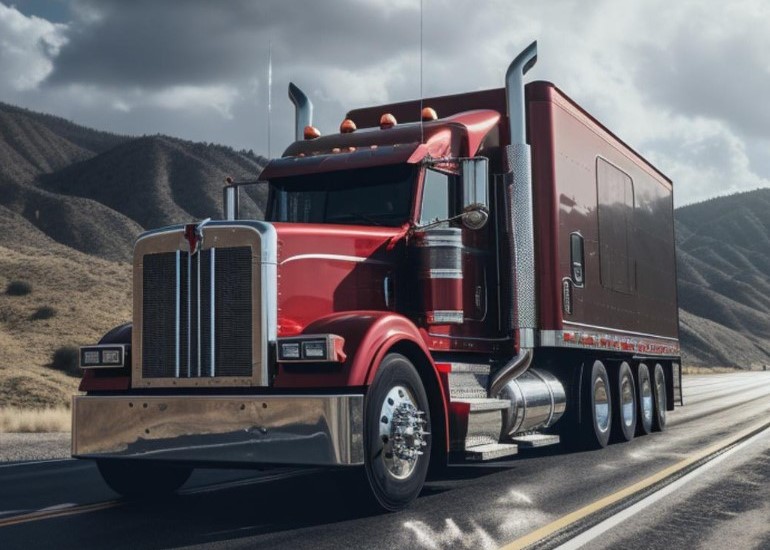Online CDL Permit Practice Tests
state Florida
Ace Your Florida CDL Exam: Free Practice Tests
Don't waste your time - start practicing with free online tests today
Our free online CDL practice tests cover all the essential topics, including General Knowledge, Air Brakes, and Combination Vehicles. Practice at your own pace, anytime, anywhere, to build your confidence and ensure you’re fully prepared for your CDL exam.
General Knowledge Test
Air Brakes
Test
Combination Vehicle Test
Step-by-Step Guide to Getting a CDL in Florida
Step 1: Determine Your CDL Class and Endorsements
Before starting the process of getting your Commercial Driver License (CDL) in Florida, the first step is to decide which CDL class you need based on the type of vehicle you will drive and the cargo you plan to carry. Florida offers three classes of CDL:
Class A is required if you will be driving a combination of vehicles with a total weight of 26,001 pounds or more, where the vehicle being towed weighs more than 10,000 pounds. This is commonly needed for tractor-trailers and long-haul trucks.
Class B is required if you will be driving a single vehicle with a weight of 26,001 pounds or more or if you are towing a vehicle that weighs less than 10,000 pounds. This is often used for large buses, dump trucks, and delivery trucks.
Class C is needed if the vehicle you are driving does not meet the Class A or B requirements but is designed to transport 16 or more passengers, including the driver, or if you will be transporting hazardous materials that require a placard.
After determining your CDL class, you should also figure out which endorsements are required for the specific job you want. Endorsements allow you to operate specialized vehicles or carry certain types of cargo. Common endorsements in Florida include:
- H (Hazardous Materials): Required to transport hazardous materials.
- N (Tank Vehicles): Required to drive a tank vehicle.
- P (Passenger): Required to transport passengers.
- S (School Bus): Required to drive a school bus.
- T (Double/Triple Trailers): Required to tow double or triple trailers.
- X (Combination of Tank Vehicle and Hazardous Materials): Required if you are driving a tank that carries hazardous materials.
Knowing your CDL class and endorsements at the start will help you prepare for the correct knowledge tests, training, and paperwork required throughout the licensing process. You can review these details in the official Florida CDL Handbook provided by the Florida Department of Highway Safety and Motor Vehicles (FLHSMV).
Step 2: Obtain a Commercial Learner's Permit (CLP):
Once you have determined the correct CDL class and any needed endorsements, your next step is to get a Commercial Learner’s Permit (CLP). The CLP allows you to legally practice driving a commercial vehicle on public roads while accompanied by a qualified CDL holder.
To apply for a CLP in Florida, you must already have a valid Florida Class E (regular) driver’s license. You will also need to provide proof of identity, Social Security Number, and Florida residency. Acceptable documents include a U.S. passport or birth certificate, your Social Security card or W-2 form, and two documents showing your Florida residential address, like a utility bill or rental agreement.
Before you can receive your CLP, you are required to pass the necessary written knowledge tests based on your CDL class and any endorsements you want. These tests may include the General Knowledge test, the Air Brakes test if your vehicle is equipped with air brakes, and additional tests for endorsements like passenger transport or hazardous materials.
You will also need to pass a vision test during your CLP application. Additionally, be prepared to pay the appropriate fees for the CLP and written exams.
Once you receive your CLP, you are allowed to practice driving a commercial vehicle on public roads only under the direct supervision of a driver who holds a valid CDL of the same class or higher. You must hold the CLP for at least 14 days before you are eligible to take the CDL skills test.
Completing this step is crucial because it gives you the opportunity to gain hands-on driving experience before taking your final CDL skills test.
Step 3: Complete Entry-Level Driver Training (ELDT):
Before you can take the CDL skills test in Florida, you are required to complete Entry-Level Driver Training (ELDT) if you are applying for a Class A or Class B CDL for the first time, upgrading from a Class B to a Class A CDL, or obtaining certain endorsements, such as the Hazardous Materials (H), Passenger (P), or School Bus (S) endorsements.
The ELDT rule is a federal requirement that went into effect on February 7, 2022. This training must be completed through a provider that is registered with the Federal Motor Carrier Safety Administration (FMCSA) Training Provider Registry (TPR). You can find a list of approved training providers on the FMCSA website or through the Florida Department of Highway Safety and Motor Vehicles (FLHSMV).
ELDT includes both theory (classroom or online) instruction and behind-the-wheel (BTW) training. The theory portion covers important topics such as vehicle operation, safety procedures, and federal regulations. The behind-the-wheel portion provides hands-on training with a commercial vehicle on a driving range and public roads.
Your training provider is responsible for reporting your successful completion of the ELDT directly to the FMCSA. Without completing this training, you will not be allowed to schedule your CDL skills test.
Finishing ELDT ensures that you have the knowledge and practical driving skills needed to safely operate a commercial vehicle. It is an essential step in preparing for your CDL and becoming a qualified commercial driver in Florida.
Step 4: Practice with Your CLP:
After receiving your Commercial Learner’s Permit (CLP), the next step is to gain real-world driving experience by practicing with a commercial vehicle. In Florida, you are required to hold your CLP for at least 14 days before you are eligible to take the CDL skills test. This waiting period gives you time to become comfortable operating the type of commercial vehicle that matches the class of CDL you are pursuing.
While practicing with your CLP, you must always be accompanied by a qualified CDL holder who is at least 21 years old and has a valid CDL of the same class (or higher) as the vehicle you are driving. This person must ride in the front passenger seat at all times while you are behind the wheel, and they are responsible for supervising and ensuring safety during your driving practice.
During this time, you should focus on improving your driving skills in several key areas. Practice conducting a full pre-trip vehicle inspection, which is a major part of the skills test. You should also work on mastering basic vehicle control, such as backing, turning, and parking maneuvers. Additionally, gaining confidence while driving on public roads in different traffic conditions and environments will help prepare you for the on-road portion of your CDL skills test.
Using your CLP practice period wisely helps ensure that you are fully prepared to pass your CDL skills test on the first attempt. This practice is an essential part of building the experience and confidence needed to become a safe and professional commercial driver.
Step 5: Schedule and Pass the CDL Skills Test:
Once you have held your Commercial Learner’s Permit (CLP) for at least 14 days and feel confident in your driving skills, the next step is to schedule your CDL skills test. In Florida, the skills test must be taken at an approved Florida Department of Highway Safety and Motor Vehicles (FLHSMV) location or through a third-party testing provider authorized by the state.
The CDL skills test is made up of three parts. The first part is the Pre-Trip Vehicle Inspection, where you will be asked to identify and inspect critical parts of the vehicle to show you know how to determine if the vehicle is safe to operate. The second part is the Basic Vehicle Control Test, which evaluates your ability to control the vehicle through maneuvers such as straight-line backing, offset backing, and parallel parking. The final part is the On-Road Driving Test, where you will drive on public roads and demonstrate your ability to operate the vehicle safely in different traffic situations, including turns, intersections, and lane changes.
Before your test day, make sure the vehicle you bring matches the class of CDL you are testing for and is in safe, working condition. If your vehicle requires air brakes or other specific features, you must be able to demonstrate proper use, or restrictions may be placed on your CDL.
After you successfully pass all three parts of the skills test, you can return to a FLHSMV office to have your CDL issued. At that time, you will pay the required fees and receive your physical CDL card. Completing this step officially qualifies you to operate commercial vehicles according to the class and endorsements on your license.
Step 6: Obtain Your CDL:
After you successfully pass all parts of the CDL skills test, the final step is to officially obtain your Commercial Driver License (CDL). Once you have passed the test, the examiner will provide your results, and the Florida Department of Highway Safety and Motor Vehicles (FLHSMV) will update your record to show that you are eligible for a CDL.
To receive your CDL, visit a FLHSMV office or tax collector location that offers CDL services. You will need to bring all necessary identification documents, including your current Florida driver’s license, proof of identity, Social Security Number, and two documents proving your Florida residency. If required, you must also submit your valid Medical Examiner’s Certificate and any other paperwork connected to your endorsements or certifications.
At the time of issuance, you will pay the appropriate CDL fees based on the class of license, any endorsements you have added, and whether this is a new issuance or renewal. Once your documents are processed and payment is made, your official CDL will be printed and given to you.
After receiving your CDL, you are legally authorized to operate commercial vehicles in accordance with the class of your license and the endorsements you have earned. At this point, you are fully licensed to begin your career as a commercial driver in Florida.
Additional Considerations:
Before and after obtaining your CDL in Florida, there are a few important factors to keep in mind to stay compliant and protect your license.
First, you must complete the Medical Certification process. When applying for your CDL, you are required to self-certify the type of commercial driving you plan to do—either intrastate (within Florida) or interstate (across state lines). Depending on your self-certification, you may need to provide a valid Medical Examiner’s Certificate from a certified medical professional. This certificate must be kept current and updated with FLHSMV to avoid license suspension.
If you plan to transport hazardous materials, you will need to complete additional steps for a Hazardous Materials Endorsement (HME). This includes passing a separate written knowledge test and undergoing a thorough federal background check through the Transportation Security Administration (TSA), which requires fingerprinting and a security threat assessment.
For military drivers, Florida offers a skills test waiver program for qualified service members with recent experience operating large military vehicles. If you meet the eligibility requirements, you may be able to skip the CDL skills test, although you will still need to pass all required knowledge tests and meet other licensing criteria.
Another important consideration is to keep your driving record clean. CDL holders are held to higher standards than regular drivers, and serious traffic violations can lead to suspensions or permanent disqualification from commercial driving.
Lastly, always stay informed about renewal deadlines, medical certificate updates, and endorsement expirations. Missing important deadlines or failing to maintain required documentation can result in the loss of your CDL privileges.
By paying attention to these additional requirements, you will protect your CDL and ensure you remain in good standing as a professional driver in Florida.
Frequently asked questions
What are the age requirements to get a CDL in Florida?
Intrastate (within Colorado): You must be at least 18 years old.
Interstate (across state lines) and Hazardous Materials: You must be at least 21 years old.
Do I need a regular driver’s license before applying for a CDL?
Intrastate (within Colorado): You must be at least 18 years old.
Interstate (across state lines) and Hazardous Materials: You must be at least 21 years old.
How long do I need to hold a CLP before taking the CDL skills test?
Intrastate (within Colorado): You must be at least 18 years old.
Interstate (across state lines) and Hazardous Materials: You must be at least 21 years old.
What is Entry-Level Driver Training (ELDT), and do I need it?
Intrastate (within Colorado): You must be at least 18 years old.
Interstate (across state lines) and Hazardous Materials: You must be at least 21 years old.
How do I get a Hazardous Materials Endorsement (HME) in Florida?
Intrastate (within Colorado): You must be at least 18 years old.
Interstate (across state lines) and Hazardous Materials: You must be at least 21 years old.
Do I need a medical certificate to get a CDL?
Yes, most CDL applicants must provide a valid Medical Examiner’s Certificate from a certified medical professional. You must also self-certify the type of driving you will do (intrastate or interstate), and your medical certificate must be kept up to date.
Can military experience help me get a CDL?
Yes, most CDL applicants must provide a valid Medical Examiner’s Certificate from a certified medical professional. You must also self-certify the type of driving you will do (intrastate or interstate), and your medical certificate must be kept up to date.
What happens if my medical certificate expires?
If your medical certificate expires and you do not update it with FLHSMV, your CDL privileges will be downgraded, suspended, or canceled. It's important to renew your medical certificate on time.
Where can I find official CDL information and resources in Florida?
If your medical certificate expires and you do not update it with FLHSMV, your CDL privileges will be downgraded, suspended, or canceled. It's important to renew your medical certificate on time.



